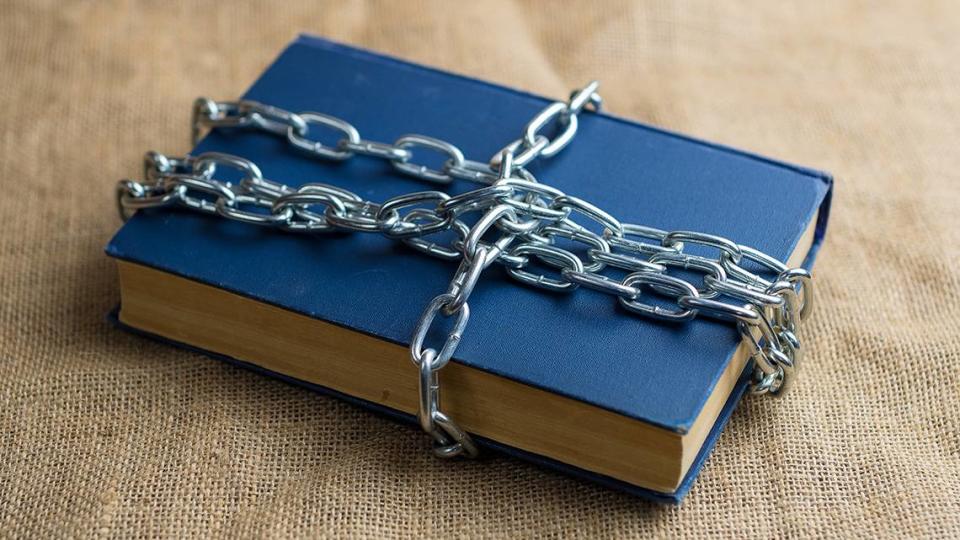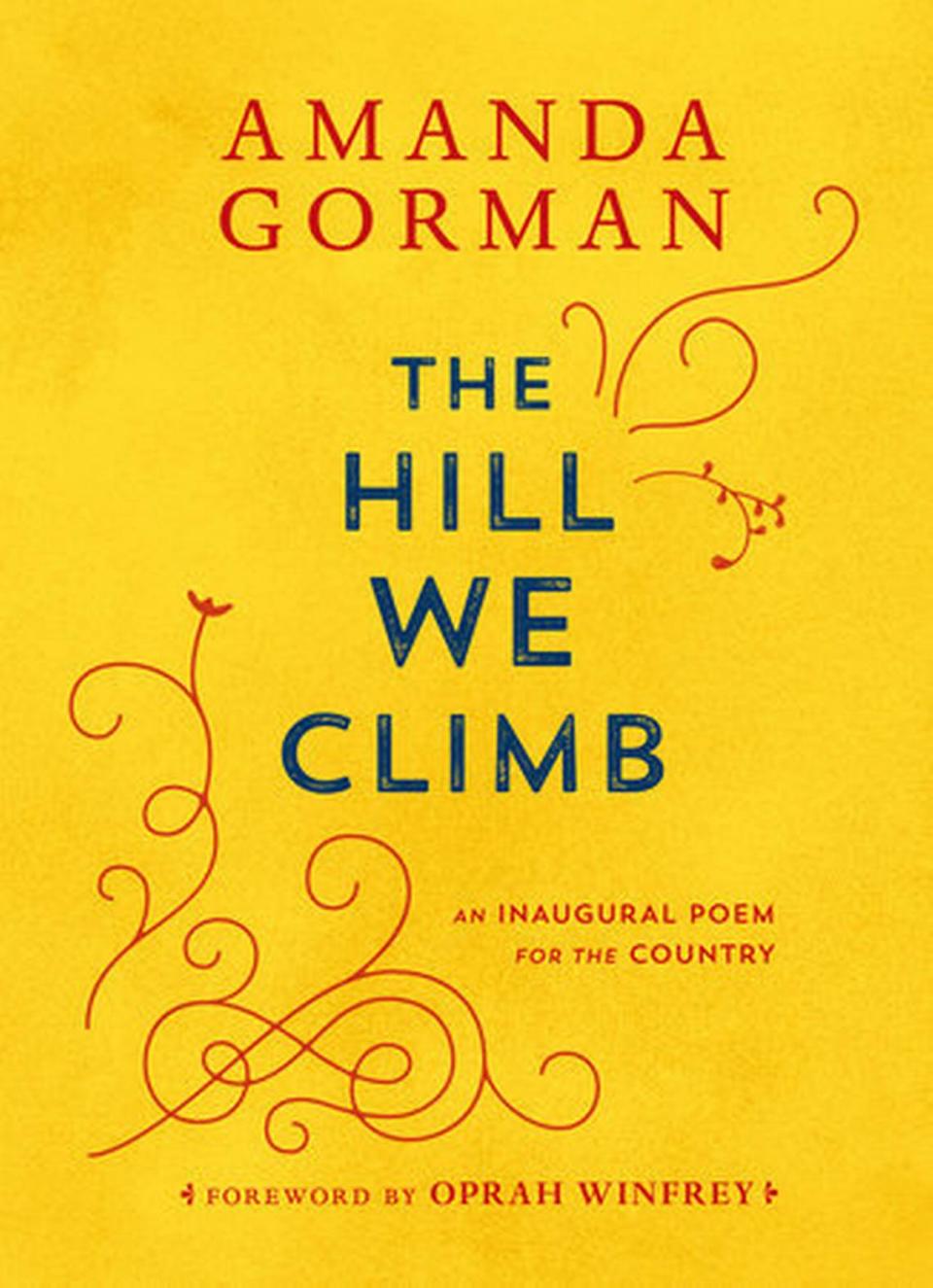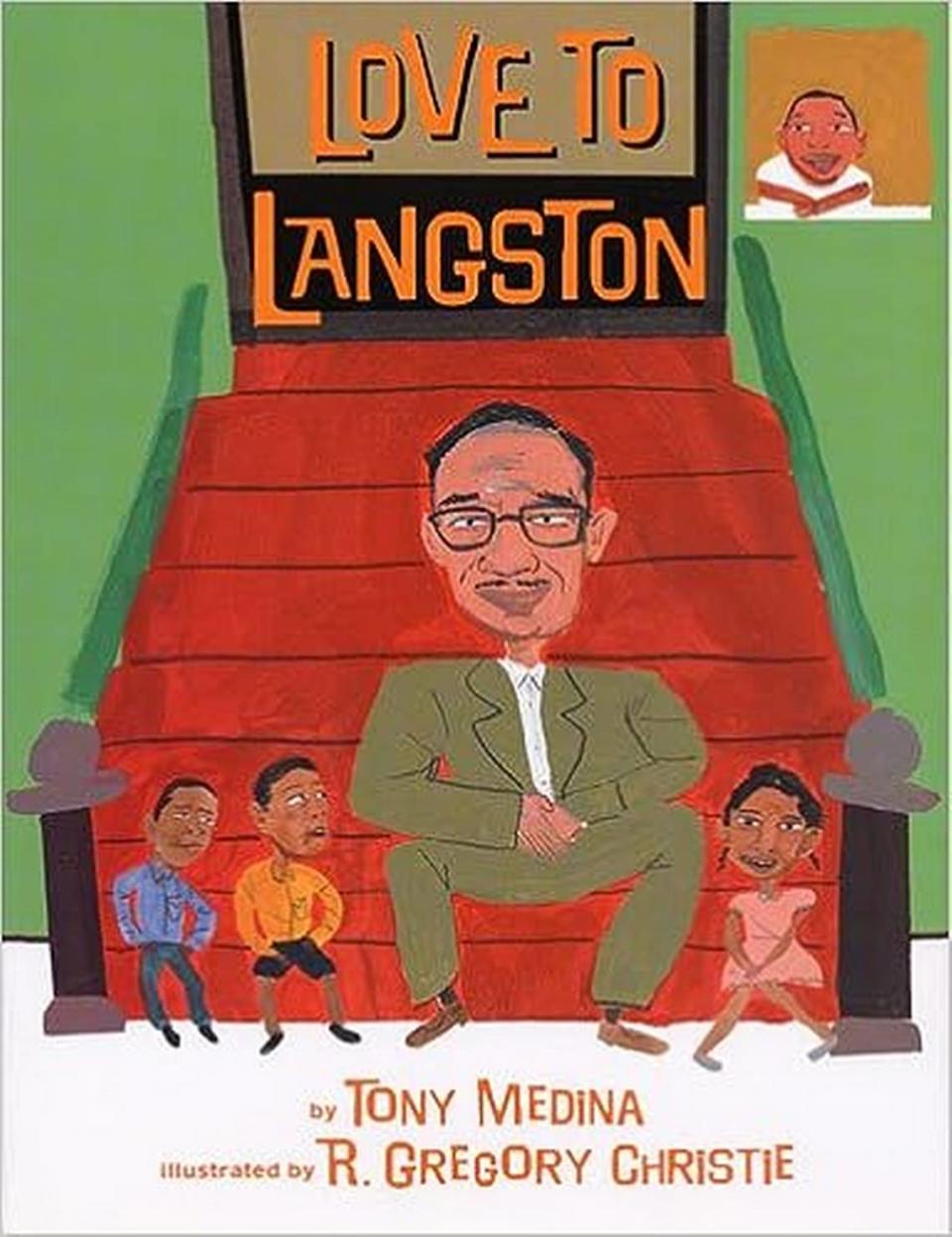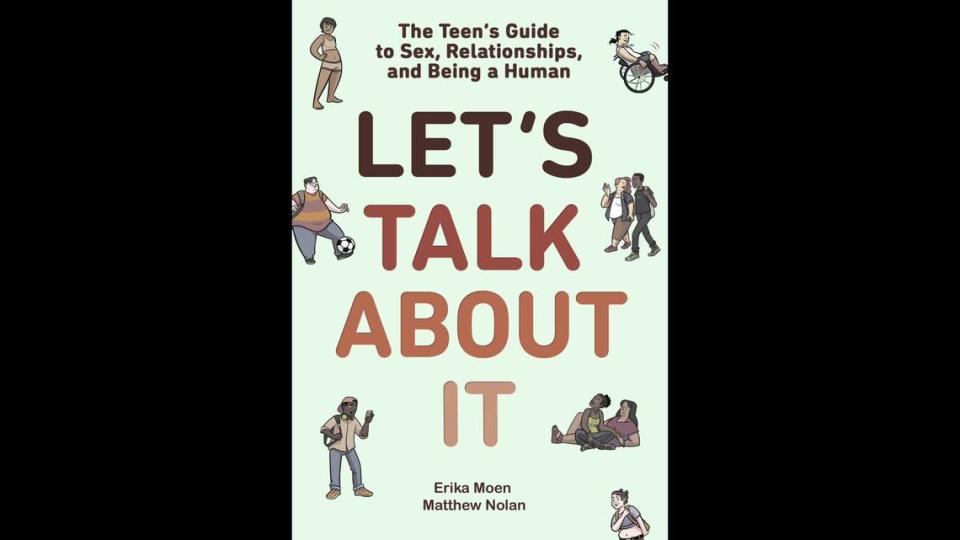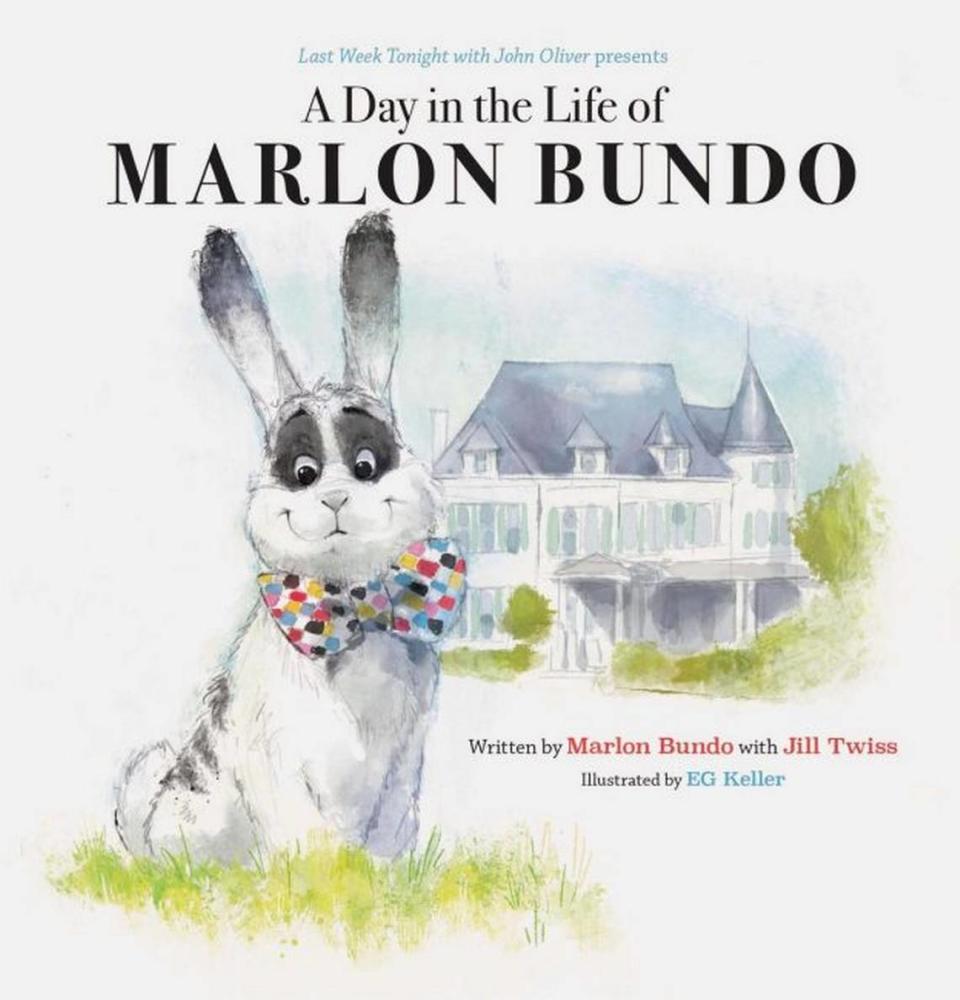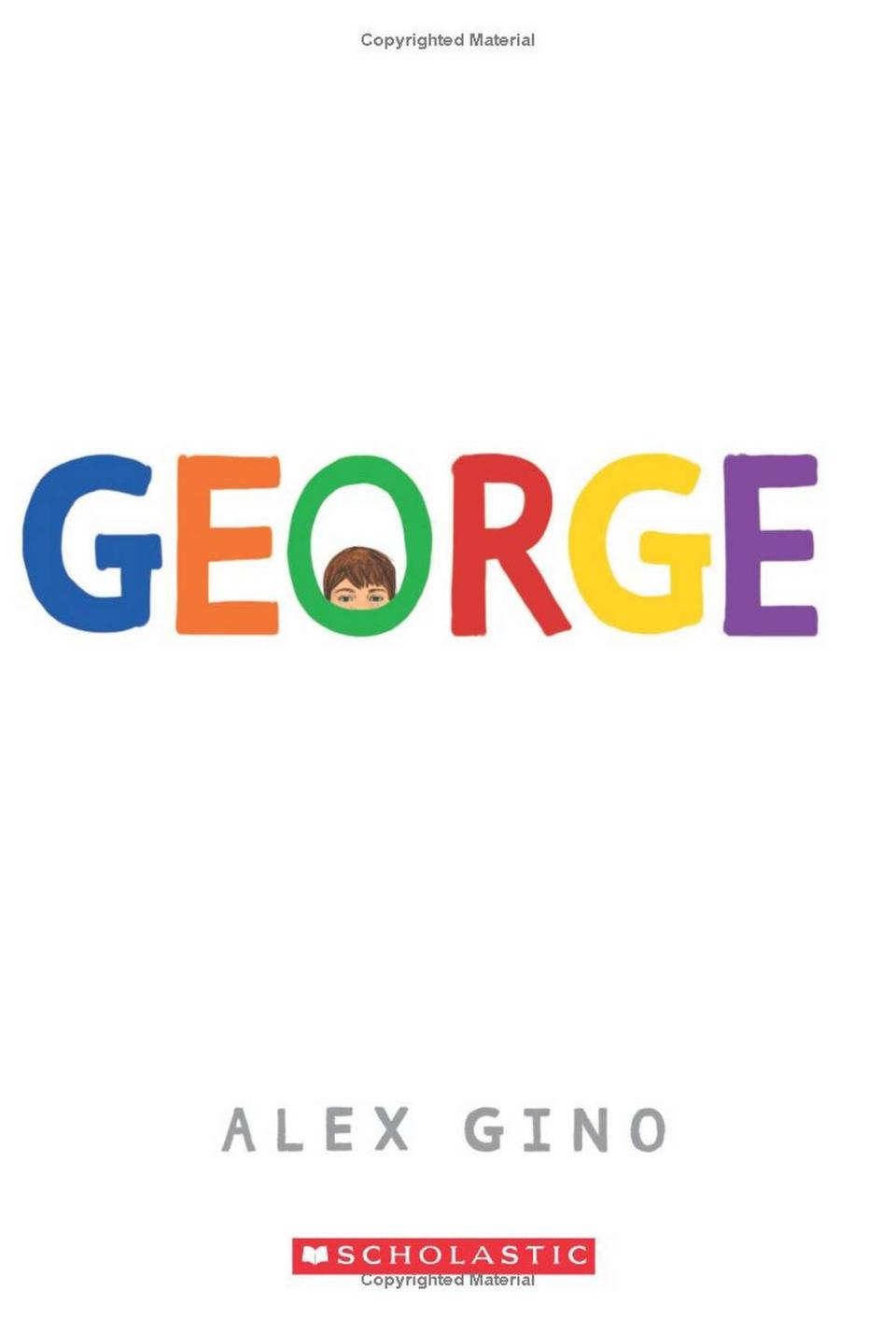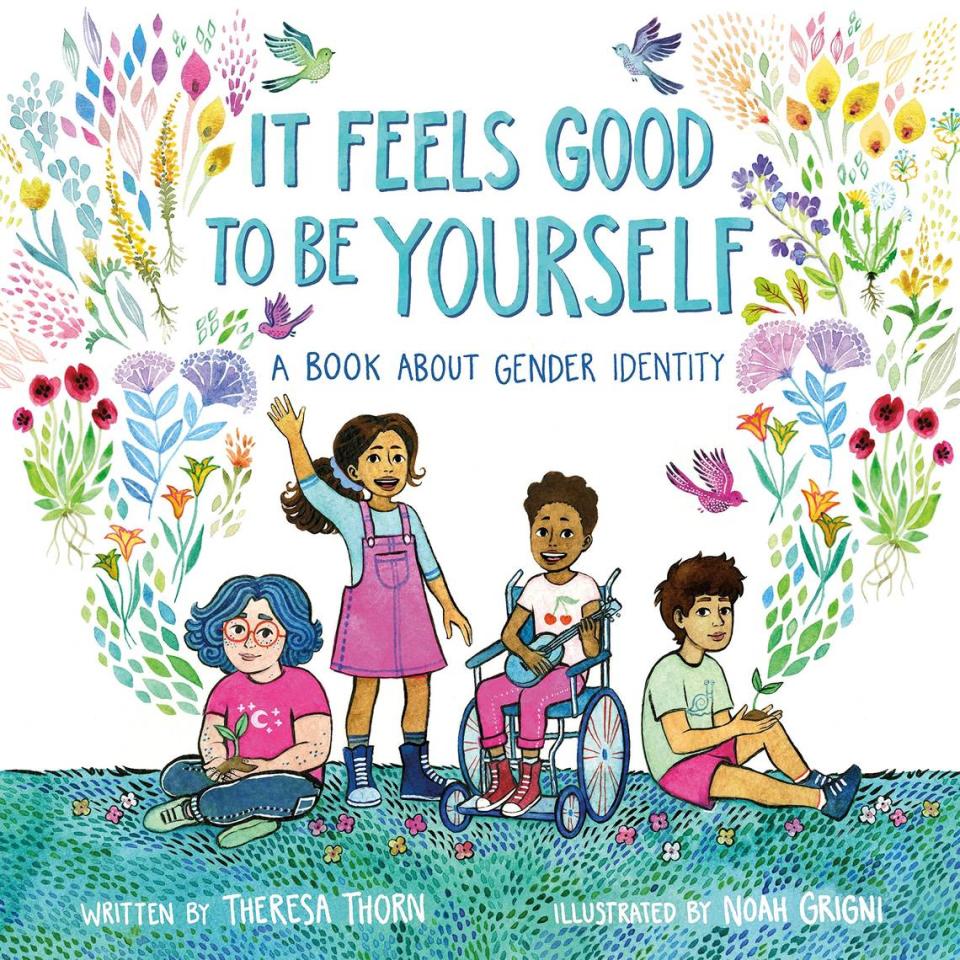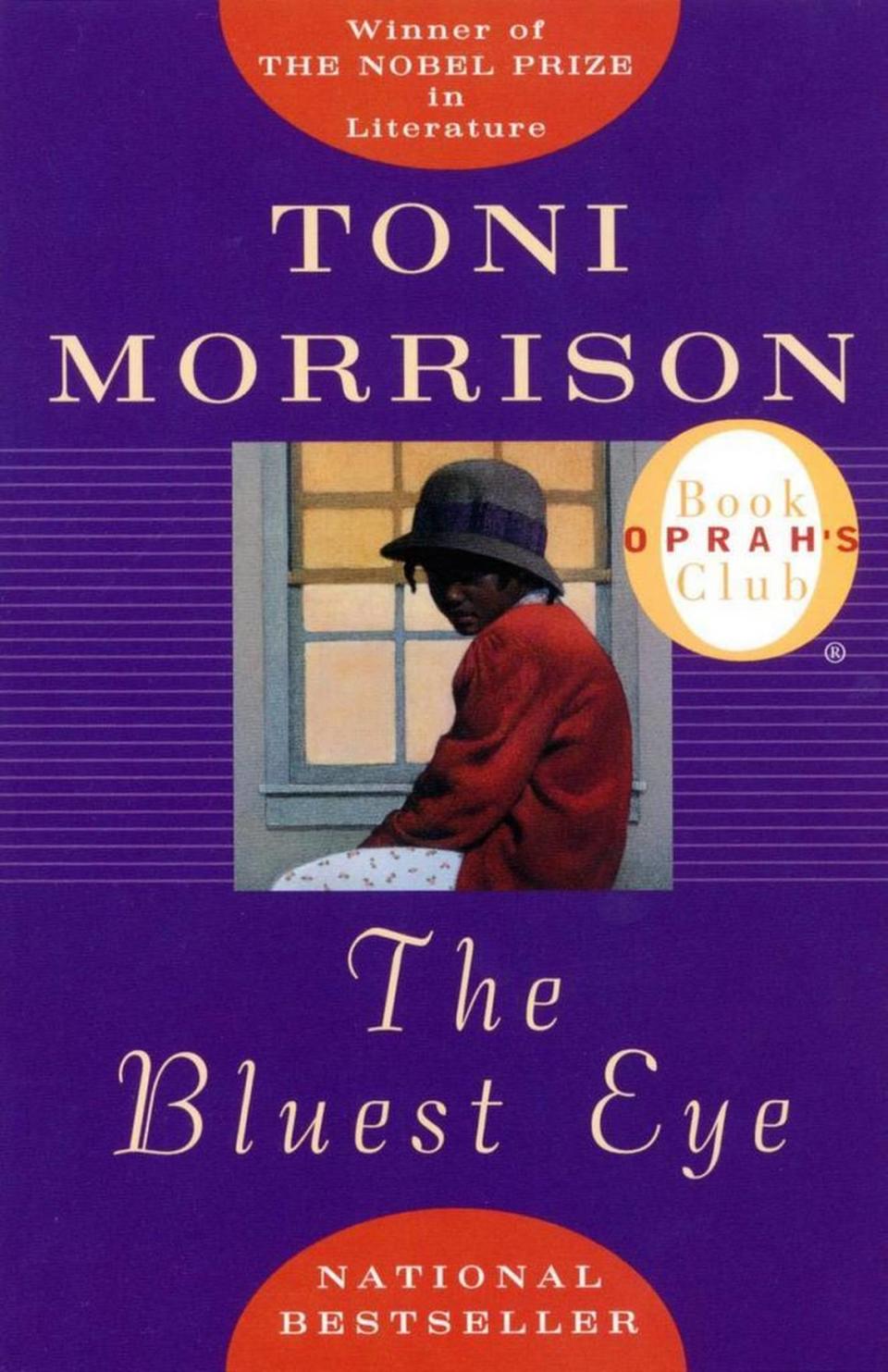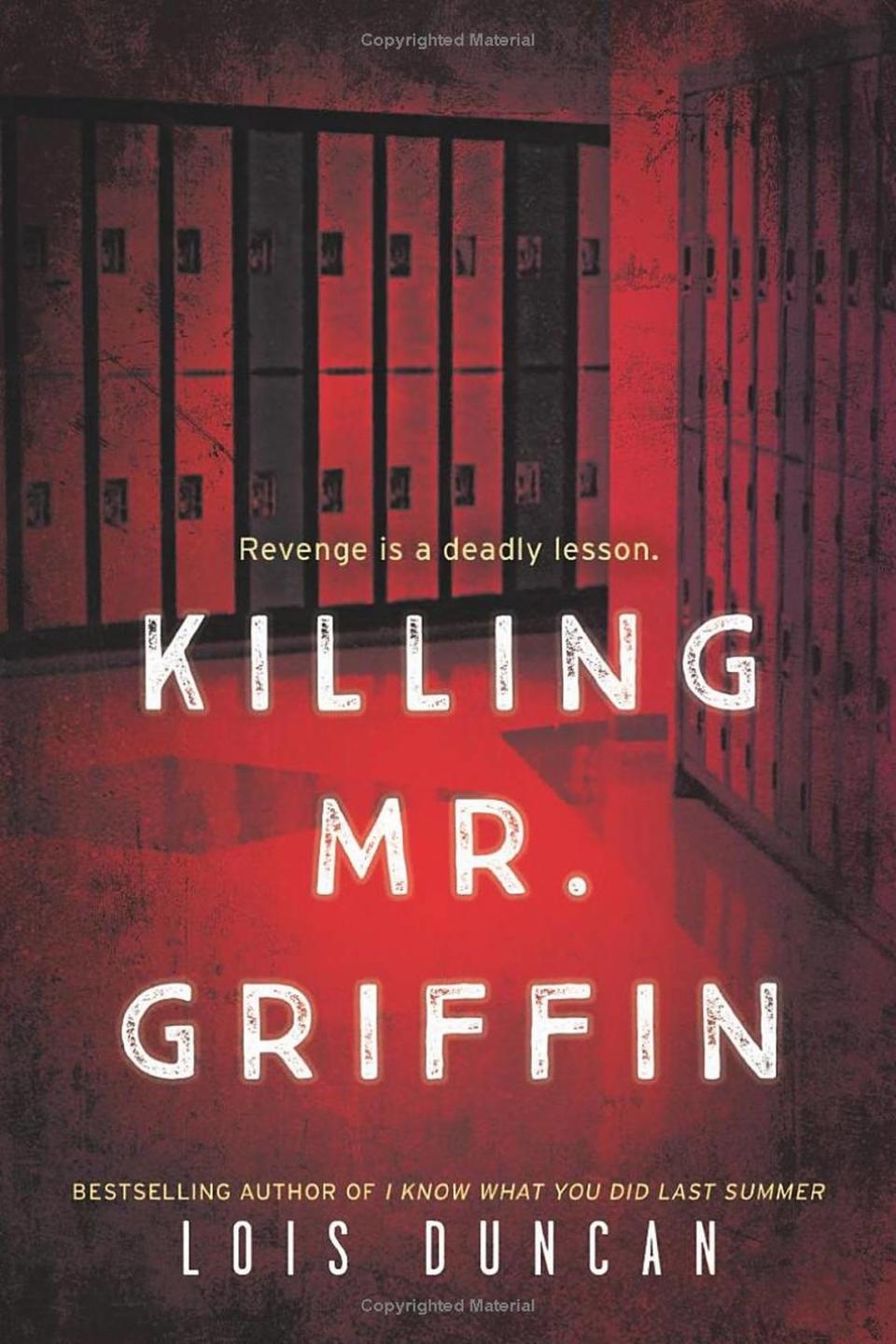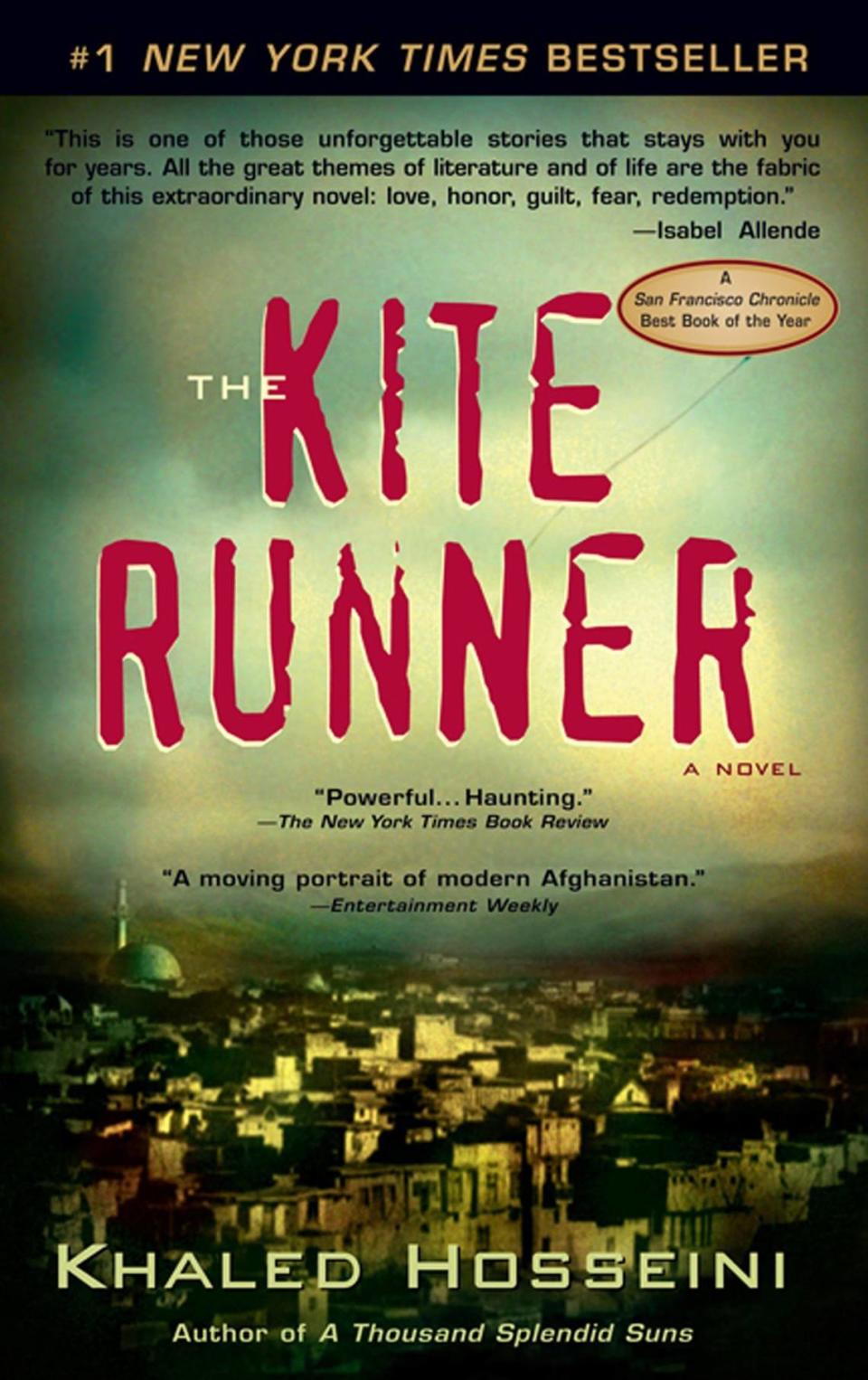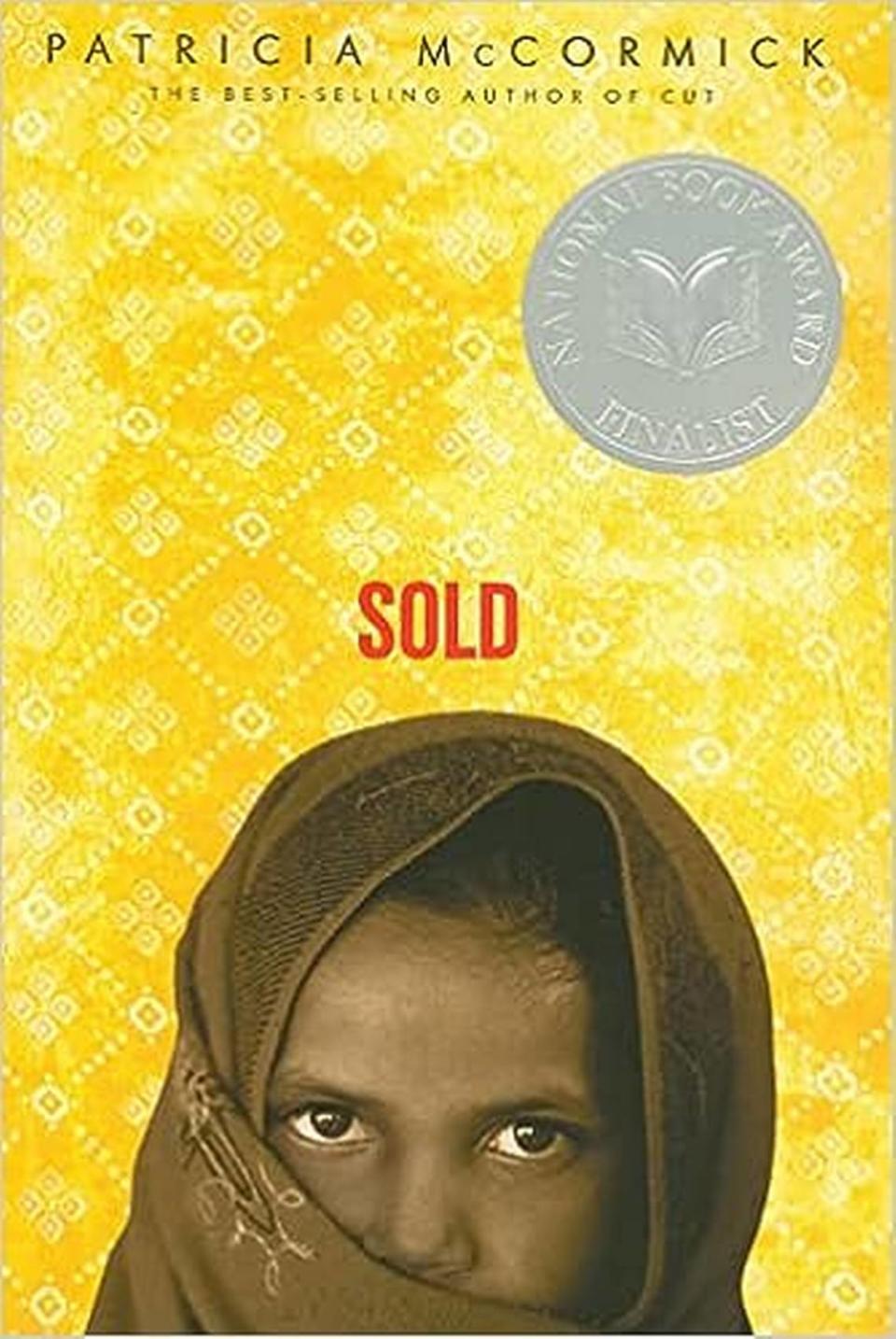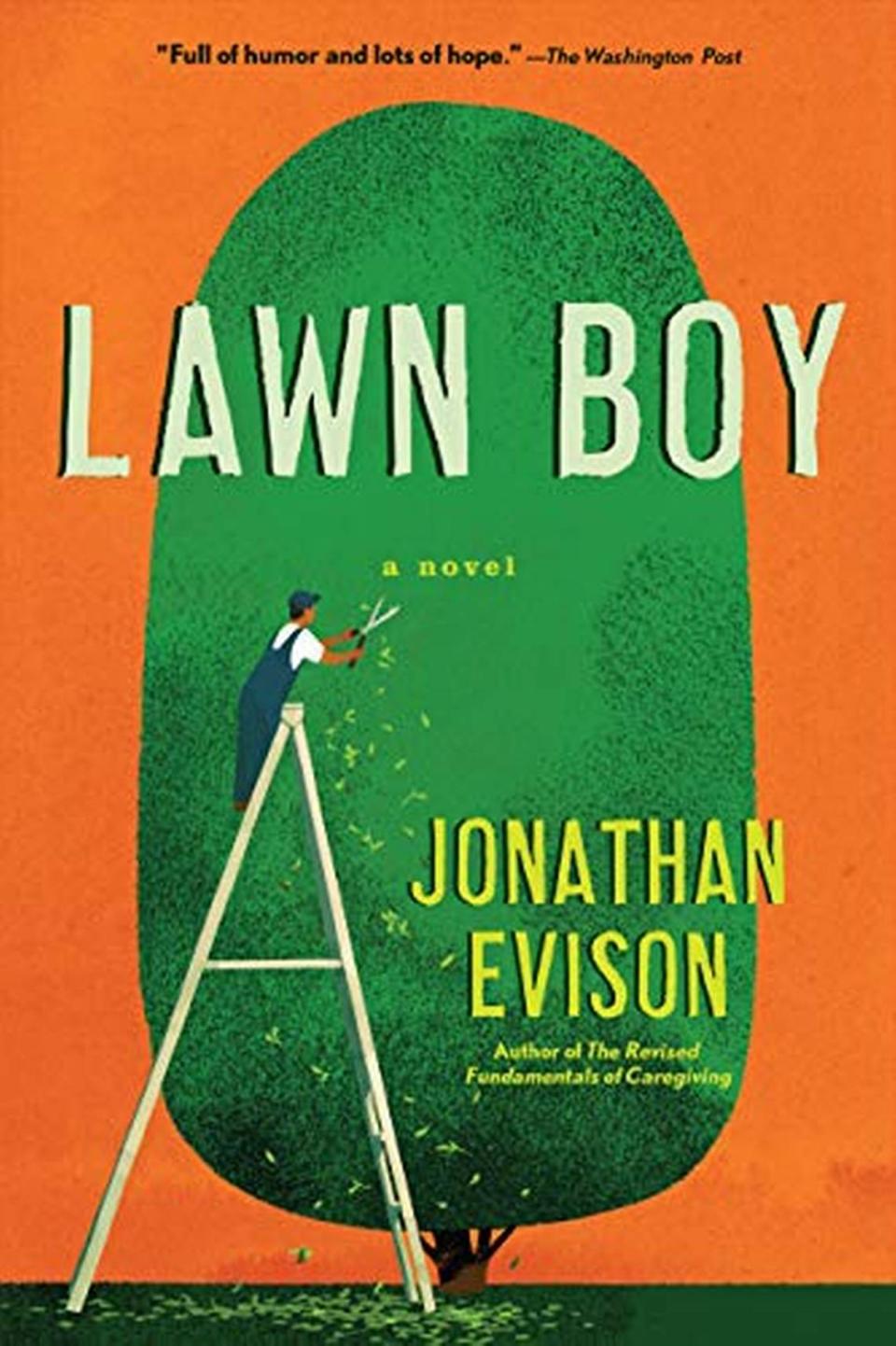Book bans are growing in South Florida schools. You’ve probably read some of these books
Ignited by political culture wars and enabled by new state laws, school book challenges and book bans have grown in Florida.
For the first time this year, the Florida Department of Education required the state’s public school districts to submit a list of challenged books to the department by June 30. The department said it would publish the lists by Aug. 30 to increase transparency with students’ families.
The Miami Herald, through public records requests, obtained the list of books that were objected to in Miami-Dade and Broward public schools. The challenged books are about Cuba, racial justice and Black history, coming of age and characters representing LGBTQ communities, among other topics. One of the books was the inaugural poem, “The Hill We Climb,” by Amanda Gorman. Many of the books are award winners.
Miami Dade Public Schools received six challenges in the 2022-23 school year, up from zero last year. The school district rejected two challenges, and removed three books from elementary school libraries, restricting them to students in middle school. One challenged book “is pending review once the committee reconvenes when the school year starts,” said school district spokeswoman Jackie Calzadilla.
The Broward school district received 12 challenges in the 2022-23 school year, up from one last year. The challenges resulted in three books being banned for all students and nine books restricted to specific grade levels.
Here are the challenged books in each of the two districts in the 2022-23 school year, along with the objections and how the districts handled the challenges.
READ MORE: Classrooms have become political battlegrounds in Florida. Will it intensify this year?
Miami-Dade Schools
Book challenges rejected by district
“Countries in the News: Cuba” by Kieran Walsh
What it’s about: A book about Cuba, its land, people, schools, sports, food, holidays, and future.
Why was it challenged: “Indoctrination. Cuba is a communist country because Castros art [sic] the dictators.”
What did the district do: Rejected the challenge
Reasoning behind district’s action: The school “determined that information presented in this book was balanced and age appropriate in its wording and presentation.”
“Cuban Kids” by George Ancona
What it’s about: A photo study of Cuban culture and history that compares and contrasts American and Cuban children.
Why was it challenged: “Indoctrination”
What did the district do: Rejected the challenge
Reasoning behind district’s action: The school “determined that this book is a photographic essay documenting the author’s visit to Cuba. The narrative contained in the book is neutral. The book also contains direct quotes from the photographer’s subjects. The content was determined appropriate for middle school students.”
Books that were restricted
“The ABCs of Black History” by Rio Cortez
What it’s about: A rhyming book about Black history that uses letters to introduce topics like S for Science and Soul, G for Great Migration and X for Malcolm X.
Why was it challenged: “Critical Race Theory and gender ideology”
What did the district do: Moved it to the middle school section of the library.
Reasoning behind district’s action: “Determined the vocabulary used and subject matter presented was more appropriate for middle school students.”
“The Hill We Climb” by Amanda Gorman
What it’s about: Poem that addresses challenges in U.S. history and how the country can move forward. Gorman recited the poem at the inauguration of President Joe Biden on Jan. 20, 2021.
Why was it challenged: “Is not educational and have [sic] hate messages.”
What did the district do: Moved it to the middle school section of the library.
Reasoning behind district’s action: The school “determined the book has educational value because of its historical significance. The vocabulary used in the poem was determined to be of value for middle school students.”
“Love to Langston” by Tony Medina
What it’s about: The book includes 14 poems about the life of Langston Hughes, an American poet who wrote about Black American life.
Why was it challenged: “Critical Race Theory”
What did the district do: Moved it to the middle school section of the library.
Reasoning behind district’s action: “The content and subject matter of poems in this collection were determined to be better suited for middle school readers.”
Broward County Schools
Books banned for all grades
“It’s Perfectly Normal” by Robie Harris
What it’s about: Book about growing up, with topics like sex and puberty.
Why was it challenged: “Explicit images.”
What did the district do: Removed the book from all grades.
Reasoning behind district’s action: Officials deemed it violated state statute.
“Let’s Talk About It: The Teen’s Guide to Sex, Relationships, and Being a Human” by Erika Moen and Matthew Nolan
What it’s about: Book covers topics like consent, kinks and fantasy, abusive relationships and sexually transmitted diseases.
Why was it challenged: ”Explicit images.”
What did the district do: Removed the book from all grades.
Reasoning behind district’s action: Officials deemed it violated state statute.
“A Day in the Life of Marlon Bundo” by Jill Twiss
What it’s about: A book about same-sex marriage, that features Marlon Bundo, a lonely bunny who lives with his Grandpa Mike Pence, the former vice president of the U.S.
Why was it challenged: “The book addresses gender identity content.”
What did the district do: Removed the book from all grades.
Reasoning behind district’s action: Gender identity content.
Books that were restricted
“George” by Alex Gino*
What it’s about: The book tells the story of a transgender girl named Melissa, born George, who wants to play Charlotte in her school play’s interpretation of “Charlotte’s Web.”
Why was it challenged: “Not suitable material or conduct for minors per existing statutes.”
What did the district do: Limited to fifth grade and higher.
Reasoning behind district’s action: Gender identity content.
*The book has been republished as “Melissa”
“It Feels Good to be Yourself” by Theresa Thorn
What it’s about: A picture book that introduces the concept of gender identity.
Why was it challenged: “Not suitable material or conduct for minors per existing statutes.”
What did the district do: Limited to fifth grade and higher.
Reasoning behind district’s action: Gender identity content.
“Different Kinds of Fruit” by Kyle Lukoff
What it’s about: The story of how a sixth-grader learns her dad is trans.
Why was it challenged: “Not suitable material or conduct for minors per existing statutes.”
What did the district do: Limited to eighth grade and higher.
Reasoning behind district’s action: Gender identity content.
“The Bluest Eye” by Toni Morrison
What it’s about: The story of an 11-year-old Black girl in the U.S. who prays for her eyes to turn blue, so that she will be beautiful and how that becomes a tragedy.
Why was it challenged: “Describing the rape of a child.”
What did the district do: Limited to ninth grade and higher.
Reasoning behind district’s action: Its content.
“This Day in June” by Gayle Pitman
What it’s about: Pride month and how to celebrate it.
Why was it challenged: “Her teaching and writing focuses on gender and sexual orientation, and she has worked extensively with the lesbian, gay, bisexual, and transgender(LGBT) community.”
What did the district do: Limited to ninth grade and higher.
Reasoning behind district’s action: Its content.
“Killing Mr. Griffin” by Lois Duncan
What it’s about: Tells the story of a group of students who end up involved in the death of their teacher.
Why was it challenged: “A group of high school students plans to scare their tough English teacher, but their attempt brings on a fatal heart attack.”
What did the district do: Limited to ninth grade and higher.
Reasoning behind district’s action: Its content.
“The Kite Runner” by Khaled Hosseini
What it’s about: Tells the story of an unlikely friendship during war in Afghanistan.
Why was it challenged: “Inappropriate content.”
What did the district do: Limited to ninth grade and higher.
Reasoning behind district’s action: Its content.
“Sold” by Patricia McCormick
What it’s about: A 13-year-old girl from Nepal whose family sells her into prostitution.
Why was it challenged: “A thirteen-year-old girl from Nepal, is sold into prostitution.”
What did the district do: Limited to ninth grade and higher.
Reasoning behind district’s action: Its content.
“Lawn Boy” by Jonathan Evison
What it’s about: The story of Mike Muñoz, a young adult Chicano who faced hardship as a boy and is going through a phase of self-discovery.
Why was it challenged: “Inappropriate content.”
What did the district do: Limited to ninth grade and higher.
Reasoning behind district’s action: Its content.

